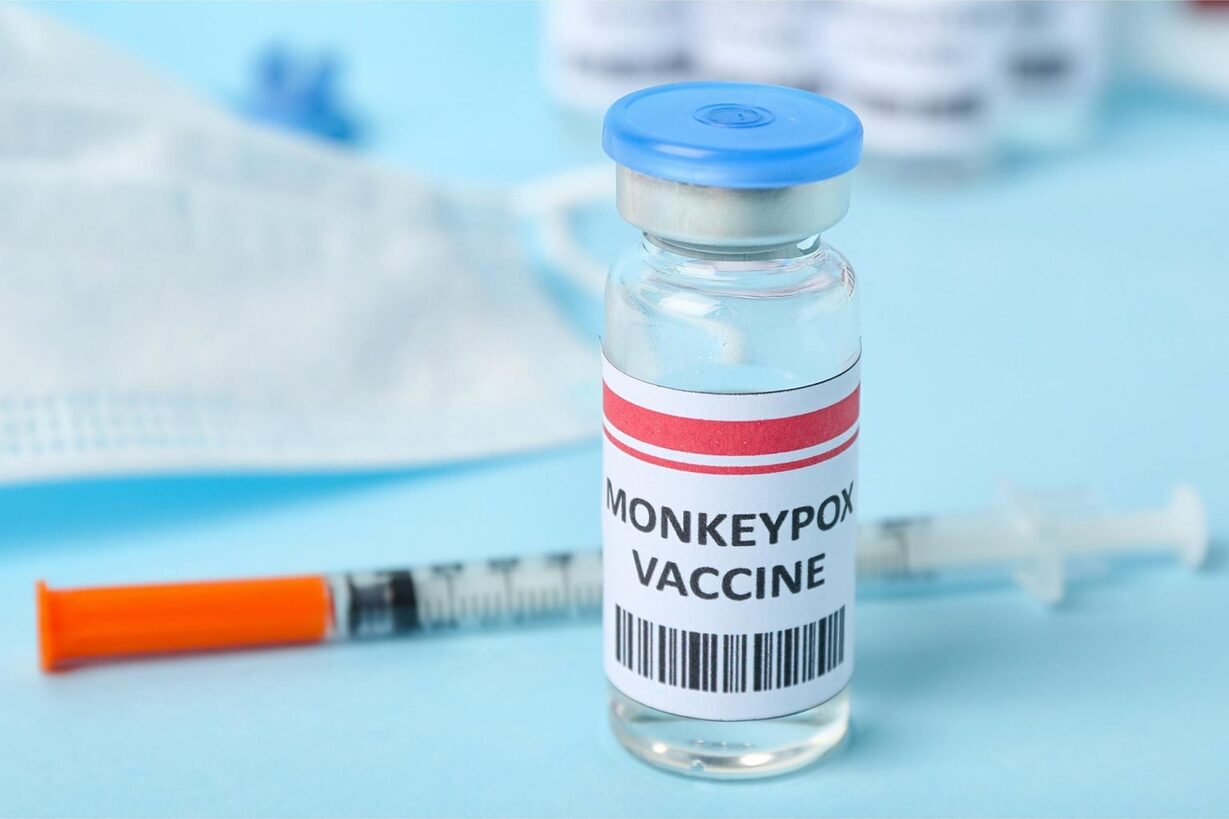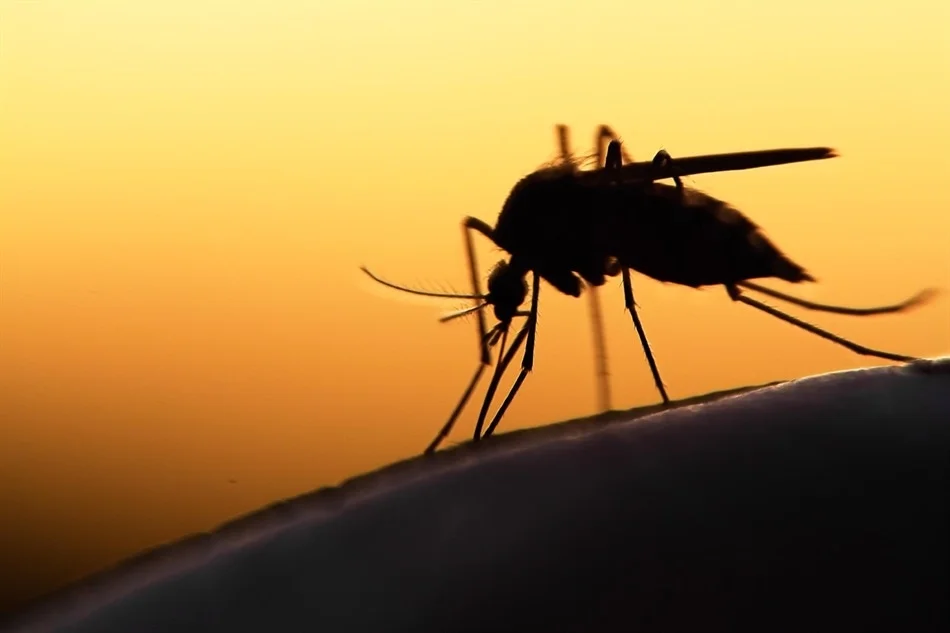As the world continues to grapple with the challenges of public health, the question of vaccination remains at the forefront. Mpox (monkeypox) has emerged as a significant concern, prompting discussions about the necessity of booster doses. But is another Mpox vaccine dose really needed? This article delves into the reasons behind the consideration of additional doses, who might benefit, and what the research says.
Understanding Mpox: A Brief Overview
Mpox is a viral zoonotic disease that occurs primarily in tropical rainforest areas of Central and West Africa but has increasingly spread to other regions. It is caused by the monkeypox virus, which belongs to the Orthopoxvirus genus. While similar to smallpox, Mpox is generally less severe, but its re-emergence has led to public health concerns worldwide.
Symptoms of Mpox
- Fever
- Headache
- Muscle aches
- Backache
- Swollen lymph nodes
- Chills
- Exhaustion
- Rash that develops into lesions
Transmission and Prevention
Mpox spreads through close contact with an infected person or animal, or through material contaminated with the virus. Vaccination remains a key preventive measure, but as the virus evolves, so does the conversation around booster doses.
The Case for Another Mpox Vaccine Dose
With the emergence of new variants and the persistence of the virus in various regions, health experts are considering the need for additional doses of the Mpox vaccine. But what drives this consideration?
Waning Immunity
One of the primary concerns is waning immunity. Over time, the immune response generated by the initial vaccine dose may decrease, leaving individuals more susceptible to infection. This has been observed with other viral diseases, prompting booster shots to maintain immunity.
Emergence of New Variants
Just like other viruses, the monkeypox virus can mutate. New variants may emerge that could partially evade the immune response triggered by the original vaccine. In such cases, an additional dose might be necessary to boost immunity and protect against these variants.
High-Risk Populations
Certain groups may benefit more from an additional dose. High-risk populations, such as healthcare workers, individuals with compromised immune systems, and those in areas with high transmission rates, may need an extra layer of protection.
What Does the Research Say?
The decision to recommend another Mpox vaccine dose isn’t made lightly. It involves a careful evaluation of scientific evidence. So, what does the research say?
Studies on Vaccine Efficacy
Recent studies have shown that the initial doses of the Mpox vaccine provide strong protection. However, there is ongoing research to determine how long this protection lasts and whether it diminishes over time.
For instance, some studies have indicated that antibody levels, which are crucial for protection, may decrease several months after vaccination. This reduction could potentially lead to a higher risk of infection if the virus remains prevalent in the community.
Ongoing Clinical Trials
To address these concerns, clinical trials are being conducted to evaluate the effectiveness of a booster dose. These trials aim to determine whether an additional dose can extend the duration of protection and enhance the immune response, especially against new variants.
Who Should Consider Another Dose?
Not everyone may need another dose of the Mpox vaccine. However, certain individuals and groups might consider it, depending on their circumstances.
Healthcare Workers
Healthcare workers are often at the frontline of outbreaks and are at higher risk of exposure. For them, an additional dose could be crucial in maintaining a strong immune defense, especially in regions with ongoing transmission.
Immunocompromised Individuals
People with weakened immune systems, such as those undergoing chemotherapy or living with HIV, may not have as robust a response to the initial vaccine dose. For these individuals, a booster shot could provide the necessary protection to guard against the virus.
People in Endemic Regions
In areas where Mpox is endemic, the risk of exposure remains high. Residents of these regions might benefit from a booster dose to ensure they remain protected as the virus continues to circulate.
Potential Risks and Side Effects
While the potential benefits of an additional Mpox vaccine dose are significant, it’s important to also consider the risks and side effects.
Common Side Effects
- Pain at the injection site
- Fatigue
- Headache
- Muscle aches
- Fever
These side effects are generally mild and short-lived, similar to those experienced with the initial dose.
Rare but Serious Side Effects
As with any vaccine, there is a small risk of rare but serious side effects, such as allergic reactions. It’s essential for individuals to discuss their medical history with a healthcare provider before receiving another dose.
Public Health Considerations
Decisions about booster doses are not made in isolation. Public health officials must weigh the benefits of widespread booster campaigns against the logistical and financial challenges.
Vaccine Availability
One major consideration is vaccine availability. In some regions, access to vaccines is still limited. Prioritizing booster doses in such areas could strain resources and divert attention from vaccinating those who haven’t yet received their first dose.
Global Vaccine Equity
Ensuring global vaccine equity is another important factor. With limited vaccine supplies, it’s crucial to balance the distribution of doses to prevent the virus from spreading unchecked in vulnerable populations.
The Role of Public Awareness
Public awareness plays a critical role in the success of vaccination campaigns. Educating the public about the need for another Mpox vaccine dose, as well as addressing concerns and misconceptions, is essential for achieving high vaccination coverage.
Addressing Vaccine Hesitancy
Vaccine hesitancy remains a significant barrier. Misinformation and fear can lead to reluctance in getting vaccinated. Public health campaigns should focus on providing accurate information, addressing concerns, and building trust in the safety and efficacy of the vaccine.
Encouraging Booster Uptake
For those who are eligible for a booster dose, encouraging uptake is key. This may involve reminders from healthcare providers, public health messages, and easy access to vaccination sites.
Final Words : Weighing the Benefits and Risks
The decision to get another Mpox vaccine dose is not one-size-fits-all. It depends on individual risk factors, the presence of new variants, and the availability of vaccines. For those at higher risk or in areas with ongoing transmission, the benefits of an additional dose likely outweigh the potential risks.
As research continues to evolve, staying informed and consulting with healthcare providers will be essential in making the best decision for your health. Whether it’s to maintain strong immunity or to protect against emerging variants, the consideration of a booster dose is a crucial step in the ongoing fight against Mpox.
This detailed exploration of whether you should get another Mpox vaccine dose highlights the complexities of vaccination in the face of an evolving virus. As public health experts continue to monitor the situation, staying informed and proactive about your health remains the best course of action.




